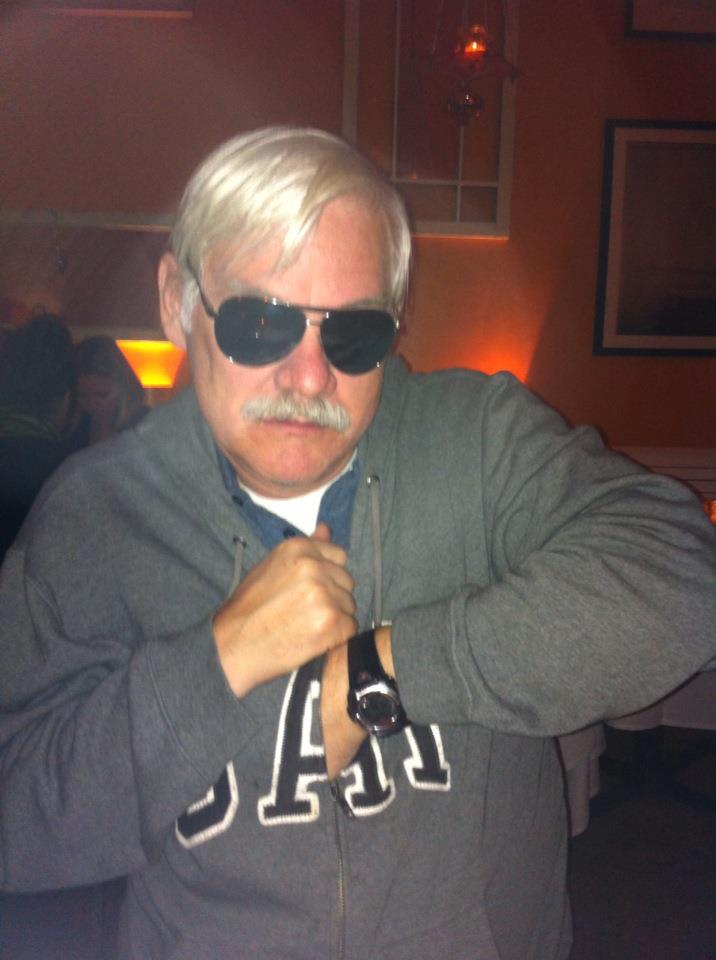Pancho Villa, on the other hand, was internationally famous almost from the very beginning. He became the great general from the state of Chihuahua which bordered the US. His dashing and daring defeats of Diaz's federales made him an instant star on both sides of the border. The film, The Life of General Villa (1914), was made during the civil war and starred the general himself, though he never understood how to move through scenes, much to the dismay of the cameramen and director.
Villa was first recruited by Madero because of his reputation as anti-government bandit who held major respect in Chihuahua. With Villa's help, Madero defeated Diaz's forces and was able to become president. When General Huerta had Madero assassinated, Villa once again took to the military movement and started another army to oust him. But Villa's desires were never for personal glory, rather worrying about justice for the people he represented and the enjoyment that came with being the head of La Divisià �n del Norte army. Once Alvaro Obregà �n became president and effectively ended the war years, Villa retired to his personal hacienda and gave up his bandido ways.
Zapata and Villa only met twice during the entire civil war period. They were too involved in their own areas of influence to be concerned about the nation as a whole and never covered the whole country. Upon their meeting in Mexico City, both men rode into the center of town on horseback. As McLynn writes, � ���"At one point in the procession Villa's military cap fell off. Without slowing his horse's pace, Zapata swung down his mount's side, scooped up the cap, and returned it to the grinning Villa.� �� �
Neither man wanted the presidency and Zapata even refused to take a seat in mock acceptance until Villa finally persuaded him to sit there momentarily. They had separate agendas and wound up agreeing to allow each other the rein of their own sphere of influence without the other's interference. Each man, married to his personal cause for the people he represented and distrustful of any federal or outside interference, was at his best when fighting for that cause. When they retired from such endeavors, they became disconcerted and paranoid, their own worst enemies, and died in entrapments they would have easily avoided at the height of their prowess.
Nevertheless, understanding both men is essential for anyone who wants to know the mindset of Mexicans in general and those of that period in particular. They represented the best of Mexican hope and pride, both men eschewing fame and fortune as president in order to stay true to the causes they embraced. Both demonstrated their power and expertise that propelled them to their status, showing that they weren't idiots or mere puppets of others who controlled them. And both were long on virtue, making sure that every discourse was full of the pronouncements they believed in and would die for and short on fluff and extraneous subjects.
(Note: You can view every article as one long page if you sign up as an Advocate Member, or higher).





